Articles related to neurodivergence

Here’s Why You’re Feeling Overstimulated — And What to Do About It

Clinically Reviewed By: Dr. Don Gasparini
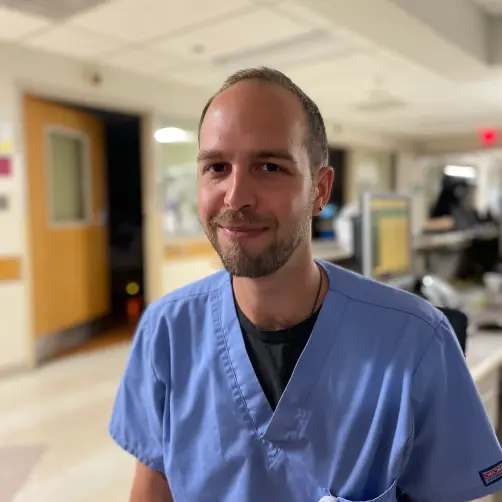
Written By: Ethan Cohen BSN, RN

Expert Advice on How to Cope With Autistic Burnout

Clinically Reviewed By: Jordanne Greenberg

Written By: Ashley Laderer

Is ADHD Hereditary or Genetic? Here’s What Experts Say

Clinically Reviewed By: Dr. Shanard Clemons

Written By: Alex Bachert, MPH

Need ADHD Screening? Here’s How to Get Tested for ADHD

Clinically Reviewed By: Dr. Shanard Clemons
Written By: Charlie Health Editorial Team

Is ADHD a Disability? Here’s What Experts Say

Clinically Reviewed By: Courtney Way

Written By: Alex Bachert, MPH

Everything You Need to Know About Inattentive ADHD, According to Therapists
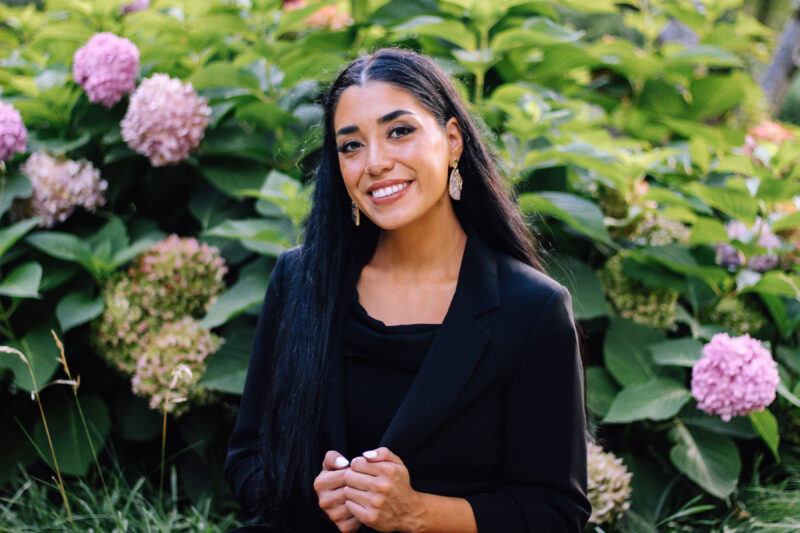
Clinically Reviewed By: Krystal Batista

Written By: Sarah Fielding

This Is What Autism in Women Looks Like, According to Therapists

Clinically Reviewed By: Brooke Cortez

Written By: Sarah Fielding

Yes, You Can Have ADHD and BPD at the Same Time

Clinically Reviewed By: Meghan Jensen
Written By: Charlie Health Editorial Team

Yes, You Can Have PTSD and ADHD at the Same Time

Clinically Reviewed By: Meghan Jensen
Written By: Charlie Health Editorial Team

The Link Between Post-Traumatic Stress Disorder and Anger

Clinically Reviewed By: Meghan Jensen

Written By: Alex Bachert, MPH

Here’s What to Know About Mixing Adderall and Weed

Clinically Reviewed By: Dr. Eli Muhrer

Written By: Alex Bachert, MPH

Here’s What You Need to Know About Neurodivergence and OCD
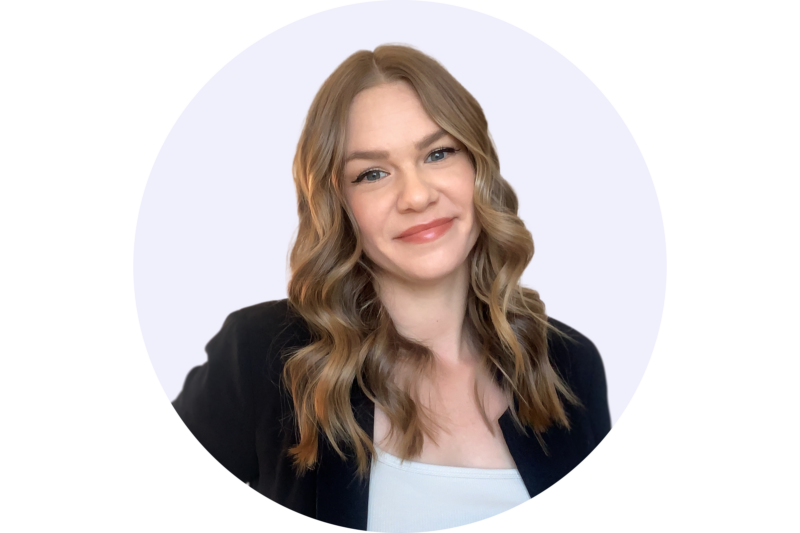
Clinically Reviewed By: Sarah Lyter

Written By: Sarah Fielding

What It Means To Be Neurodivergent & How It Relates to Mental Health

Clinically Reviewed By: Dr. Jaime Ballard

Written By: Ashley Laderer

Yes, ADHD Can Cause Anger—Here’s How to Cope

Clinically Reviewed By: Dr. Don Gasparini

Written By: Ethan Cohen BSN, RN

Your Guide to Managing ADHD and Relationships

Clinically Reviewed By: Dr. Don Gasparini
Written By: Charlie Health Editorial Team
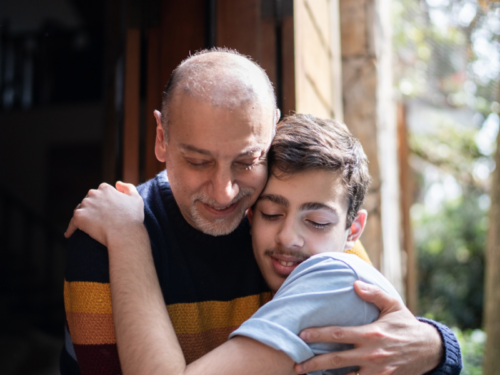
Is It Autism or ADHD?

Clinically Reviewed By: Dr. Don Gasparini

Written By: Alex Bachert, MPH

ADHD Paralysis Could Be Why You Feel so Stuck

Clinically Reviewed By: Dr. Don Gasparini

Written By: Ethan Cohen BSN, RN

Yes, There Are Actually 3 Types of ADHD

Clinically Reviewed By: Dr. Don Gasparini
Written By: Charlie Health Editorial Team

ADHD Burnout Could Be Why You’re Tired All the Time

Clinically Reviewed By: Dr. Don Gasparini

Written By: Ethan Cohen BSN, RN
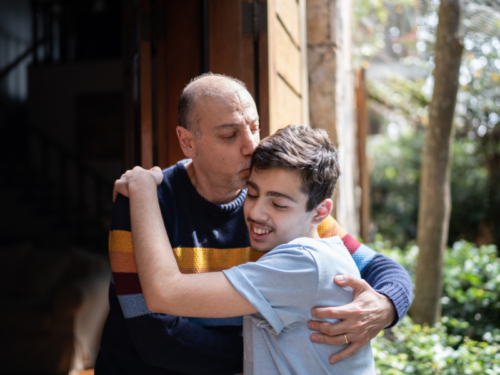
Is Depression Neurodivergent?

Clinically Reviewed By: Dr. Don Gasparini

Written By: Ethan Cohen BSN, RN

Ask a Clinician: Why Is There Controversy Around Neurodiversity?

Clinically Reviewed By: Dr. Don Gasparini

Written By: Dr. Rasna Kaur Neelam

How to Focus With ADHD

Clinically Reviewed By: Dr. Don Gasparini
Written By: Charlie Health Editorial Team

Is Anxiety Neurodivergent?

Clinically Reviewed By: Dr. Don Gasparini

Written By: Ethan Cohen BSN, RN

What is Stimming? Understanding the Connection With ADHD and Autism

Clinically Reviewed By: Dr. Don Gasparini

Written By: Dr. Rasna Kaur Neelam

ADHD and Depression

Clinically Reviewed By: Dr. Don Gasparini

Written By: Sarah Fielding

How to Support Someone Who Is Neurodivergent

Clinically Reviewed By: Dr. Don Gasparini

Written By: Ashley Laderer

ADHD vs OCD: What’s the Difference?

Clinically Reviewed By: Dr. Don Gasparini
Written By: Charlie Health Editorial Team

What are the Five Major Developmental Disabilities?

Clinically Reviewed By: Dr. Don Gasparini
Written By: Charlie Health Editorial Team

